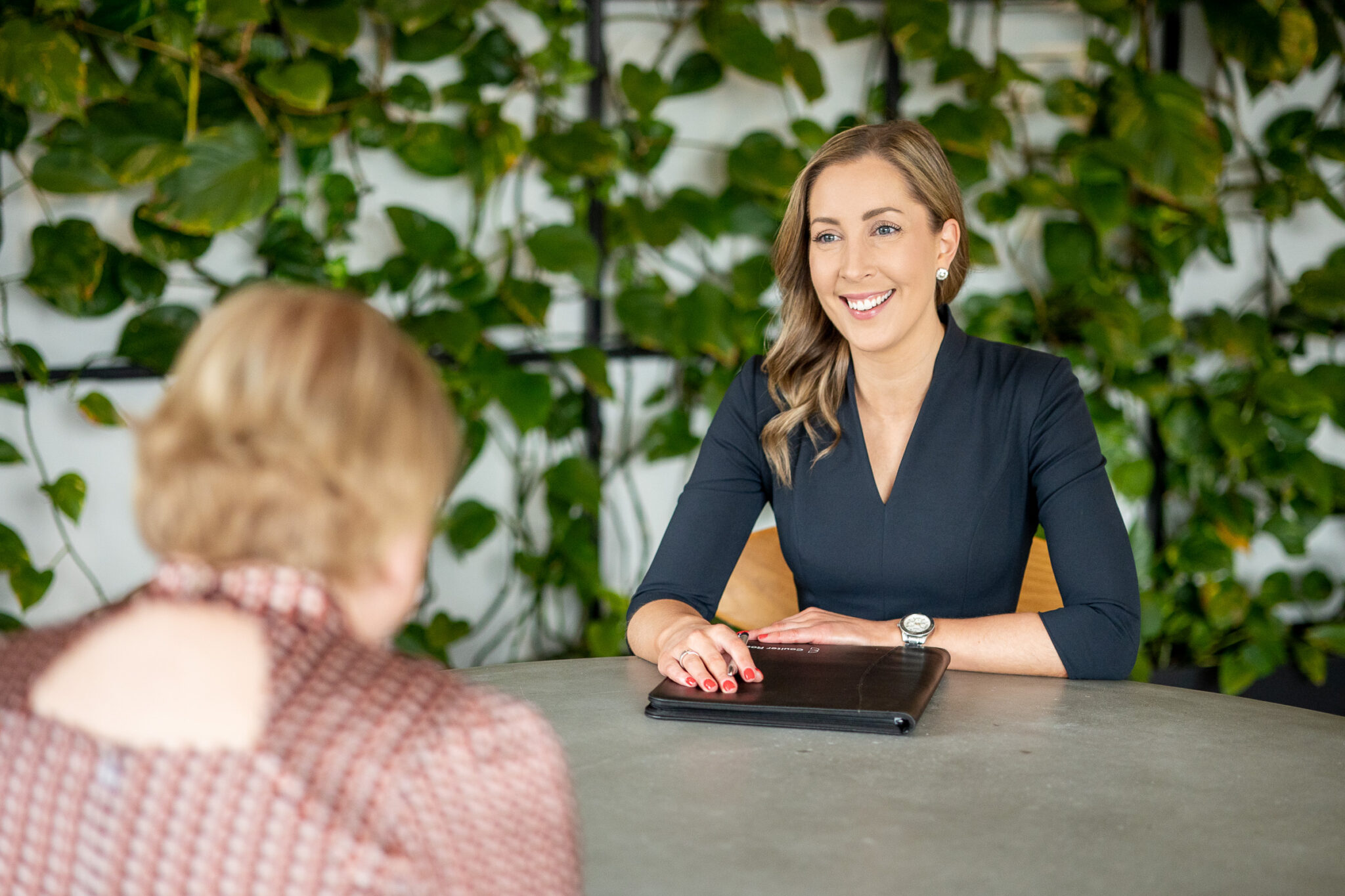In family law parenting proceedings, the Court has the power to order for the appointment of a lawyer to represent the best interests of the children.
The role of the Independent Children’s Lawyer (“the ICL”) is an important one. The ICL will assist the Court in determining a range of matters, including where the children should live and what time they should spend with each of their parents or other important people in their life. The ICL can also assist with decisions relating to a child’s education, religion, name changes and even issues surrounding gender identity.
The ICL’s role is to ensure that the child’s best interests are the main priority of both the Court and the parties to the proceedings.
The most confusing part of the ICL’s role is that they are not a lawyer for the children in the traditional sense. The ICL is not required to follow the children’s instructions. Instead, the ICL forms an independent view about the issues in dispute and the type of parenting arrangements that are in the children’s best interests.
An ICL is not appointed in every parenting dispute before the Court. It is common for an ICL to be appointed in cases where there are allegations of family violence, abuse or neglect of the children, substance abuse by the parents or mental health issues suffered by the parent/s.
An ICL may also be appointed where there is significant conflict between the parties, or the children are of an age where they can express an opinion about their parenting arrangements. There are a series of guidelines set by the Court regarding the circumstances when it may be appropriate for an ICL to be appointed.
The ICL will usually have at least one face to face meeting with the children, without the parties to the proceedings being present. This meeting might occur at the child’s school, at the ICL’s office, or another neutral location. The ICL can issue subpoenas and obtain other evidence to assist them in providing to the Court a recommendation about what is in the children’s best interests.
To ensure the ICL remains independent, they may be limited as to the matters that they can discuss directly with the parties about the children and their wishes. An ICL is not obliged to advise the Court of the information that they have received from the children directly. Sometimes the ICL will make a recommendation to the Court which is different from the outcome that the parties to the proceedings, or the children themselves, seek.
Once an order for the appointment of an ICL is made by the Court, it is the responsibility of the relevant Legal Aid Office to appoint the ICL. In order to act as an ICL, a lawyer must undergo special training. The cost of the ICL is usually funded by Legal Aid, however, the parties are often asked to contribute to the cost of the ICL.
If you are a party to a family law parenting proceeding and you think that the appointment of an ICL may be warranted, you should speak to your lawyer or the Court if you are self-represented. You may be able to make an application for an ICL to help determine what is in your children’s best interests.
If you require advice or further information in relation to any of the matters discussed in this article, please contact our Family & Relationship Law team on 03 5273 5273.












